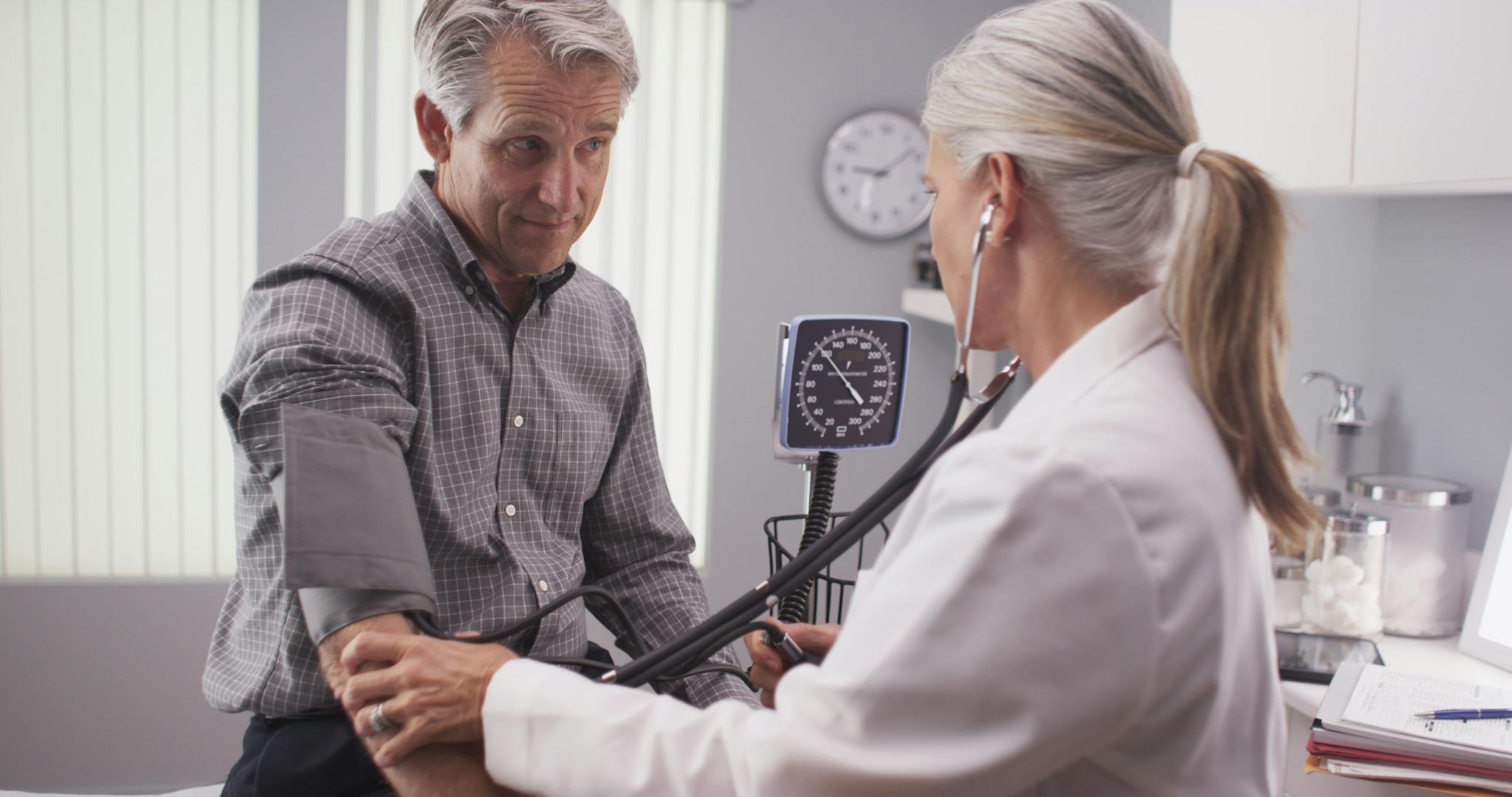
2024-07-12T16:54:51
Sunscreen Travel Tips
- Dermatology
September 8, 2016 | Nephrology

You likely know that high blood pressure is dangerous, and you are probably aware that kidney disease is very serious, but did you know that there is a connection between your blood pressure and your kidneys?
One in three adults in the United States have high blood pressure, according to the Centers for Disease Control and Prevention (CDC), and only about 52 percent of those with high blood pressure have it under control. High blood pressure, also known as hypertension, increases your risk for heart disease and stroke.
Your kidneys perform many important jobs in your body. Their primary task is to filter excess water and waste from the bloodstream. Your kidneys also directly and indirectly affect your blood pressure levels.
Blood pressure measures the force of blood pushing against the inside of your arteries, which are the blood vessels that transport blood from your heart to the rest of your body. Hypertension occurs when the internal force of blood against your arteries is too high.
A blood pressure reading consists of two numbers separated by a slash. The “top” number, or systolic pressure, measures the amount of force blood exerts in the middle of a heartbeat when pressure on the blood vessel is at its greatest. The “bottom” number, or diastolic, measures the force in between heartbeats when blood vessels are relaxed and pressure is at its least.
A healthy systolic pressure is less than 120 while a healthy diastolic is less than 80, according to the American Heart Association. That health organization defines hypertension as a systolic over 140 or a diastolic over 99.
Kidneys affect blood pressure indirectly by maintaining the proper levels of potassium, sodium and other electrolytes in your body. The amount of electrolytes in your body influences how much fluid you have in your body tissues. High electrolytes cause your body – and your blood – to retain water. The increased volume of blood raises the pressure on the inside of your arteries.
Your kidneys also regulate your blood pressure directly using hormones. Special cells in the arteries, known as juxtaglomerular cells, feed and measure blood flowing into your kidneys. If blood flow to the kidneys suddenly slows down, your kidneys react by secreting the hormone, renin, starting a chemical reaction that raises blood pressure. Renin also causes your kidneys to retain more water to increase pressure inside the arteries.
Kidney disease prevents the juxtaglomerular cells from getting an accurate measurement of blood flow into the kidneys. Narrowing of the arteries that feed the kidneys trick the cells into thinking blood pressure has dropped suddenly, which causes the kidneys to release renin and drive blood pressure to unhealthy levels.
Hypertension can damage the delicate blood vessels and tissues inside your kidneys in a way that reduces their ability to work properly. The force of high blood pressure stretches blood vessels to allow blood to flow more freely. This stretching weakens and scars the blood vessels, including those in your kidneys. Damaged blood vessels do a poor job of filtering waste and excess fluids, which can drive blood pressure even higher.
Fortunately, you can reduce and control your blood pressure to improve the health of your kidneys.
Eat a nutritious diet. The National Institute of Diabetes and Digestive and Kidney Diseases suggests the DASH eating plan. DASH is an acronym for Dietary Approaches to Stop Hypertension. The eating plan focuses on fruits, vegetables and whole grains. These foods are low in salt, fat and cholesterol with fewer red meats and more nutrients and fiber.
Exercise for 30 to 60 minutes daily on most days of the week. You can break up the time into 10-minute segments.
Lose weight if you are overweight. Aim to lose 7 to 10 percent of your body weight during your first year of treatment for hypertension.
If you smoke, quit. Smoking damages your blood vessels and increases your risk for hypertension.
Manage stress through yoga, exercise, meditation or music.
For more information about the connection between your kidneys and high blood pressure, contact the health professionals at Revere Health. Our team of nephrologists provides kidney care in six convenient locations throughout Utah.
WRITTEN BY:
The Live Better Team


2024-07-12T16:54:51

2024-07-02T11:42:04

2024-07-01T13:49:28

2024-06-21T14:29:51
This information is not intended to replace the advice of a medical professional. You should always consult your doctor before making decisions about your health.